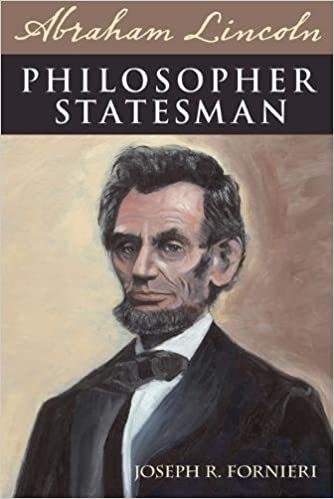
Book Review: “Abraham Lincoln: Philosopher President”
by Burrus M. CarnahanJoseph R. Fornieri, (Carbondale, Southern Illinois University Press, 2014). In the preface to Abraham Lincoln: Philosopher President, Joseph Fornieri recounts President Lincoln’s response to a group of serenaders after his 1864 reelection. Recalling the events of the bitter, divisive campaign, the president reflected that human nature did not change. “In any future great national […]
Read More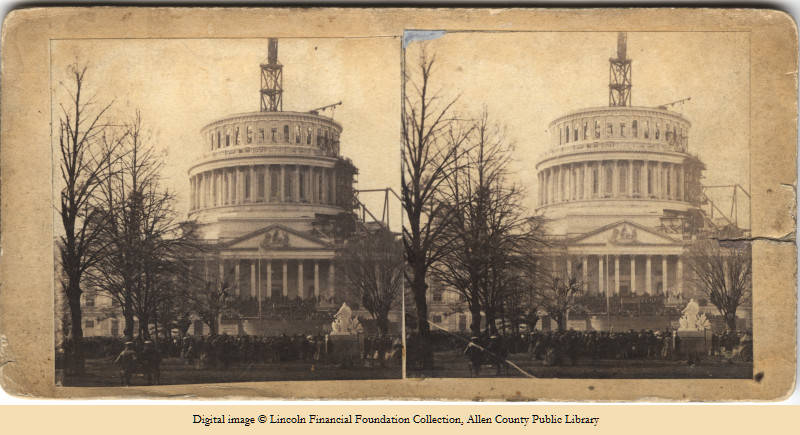
Lincoln and Democracy
by Allen C. GuelzoLincoln and Democracy By Allen C. Guelzo The word democracy occurs only 137 times in the collected writings of Abraham Lincoln. But no other word described what he saw as the most natural, the most just, and the most progressive form of human government in existence. Nothing, he said, could be “as clearly true as […]
Read More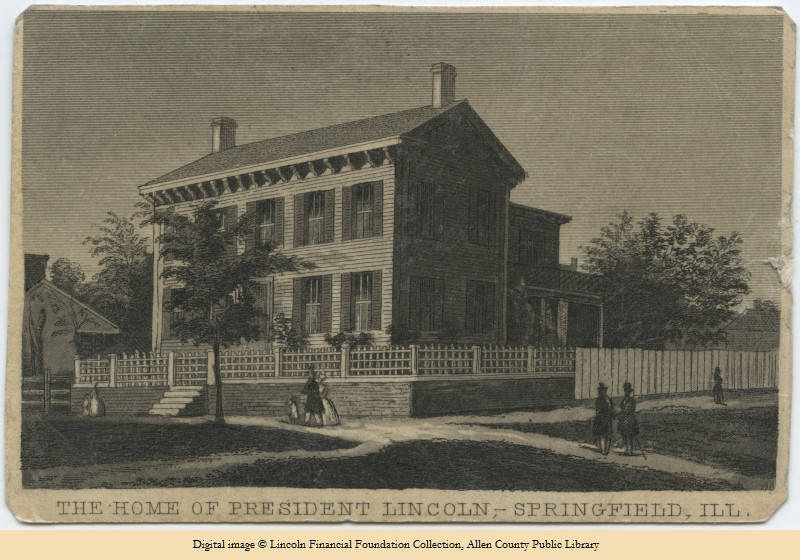
An Interview with Michael Burlingame regarding the Lincoln Cottage Project
by Michael BurlingameAn Interview with Michael Burlingame regarding the Lincoln Cottage Project Sara Gabbard: What is the “Lincoln Cottage?” Michael Burlingame: Lincoln’s Springfield Cottage (not to be confused with the Lincoln Cottage at the Soldiers’ Home in Washington, D.C.) is a replica of the Lincoln Home that the family moved into in 1844 (namely, a six-room, one-and-a-half […]
Read MoreThe Hedgehog and the Fox: Lincoln’s Lyceum Speech for the Ages
by Jason EmersonThe Hedgehog and the Fox: Lincoln’s Lyceum Speech for the Ages By Jason H. Silverman The Sangamo Journal, on Saturday, January 27, 1838, advertised a lecture for that evening by the local lawyer “A. Lincoln, Esq.” Lincoln was little more than two weeks shy of his twenty-ninth birthday. He was single, sharing living quarters with […]
Read More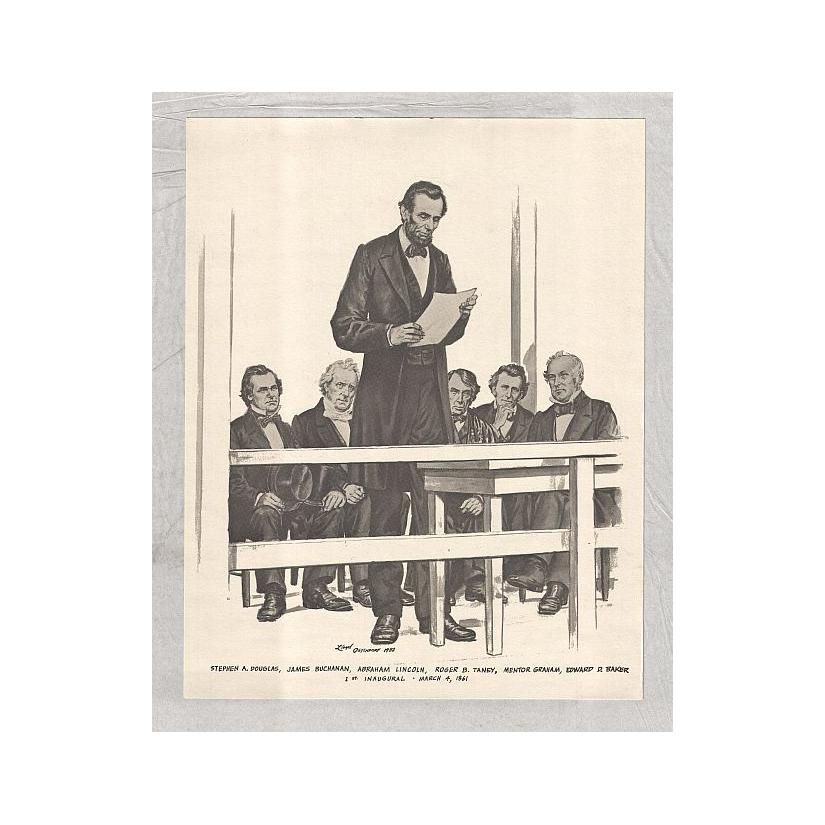
An Interview with Harold Holzer, Author of Lincoln: President-Elect
by Harold HolzerAn Interview with Harold Holzer, Author of Lincoln: President-Elect Sara Gabbard: As we face a new presidency in the United States, it seems an appropriate time to discuss your 2009 book, which focuses on the time between Abraham Lincoln’s election in November 1860 and his inauguration on March 4, 1861. First of all, did he […]
Read More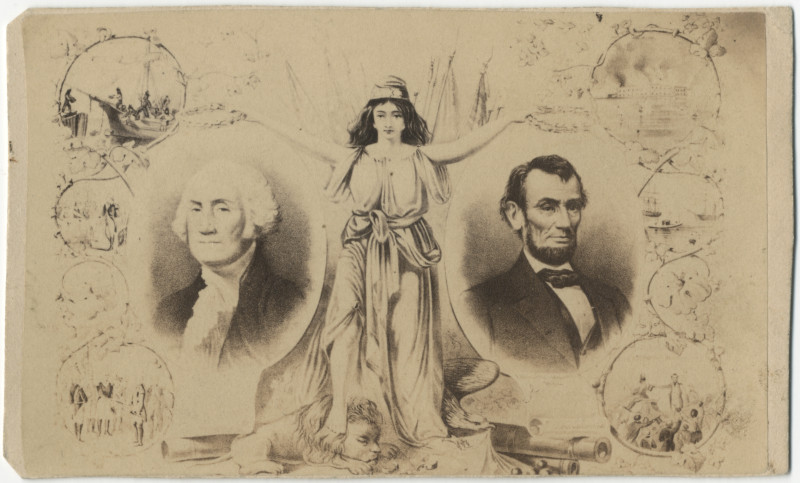
An Interview with Lucas Morel regarding his book Lincoln and the American Founding
by Lucas E. MorelAn Interview with Lucas Morel regarding his book Lincoln and the American Founding Columbia’s Noblest Sons LN1110 Sara Gabbard: I have always been fascinated by the fact that Lincoln’s “four score and seven” years spoken at Gettysburg referred back to 1776. I would have thought that bringing “forth a new nation” would have been […]
Read More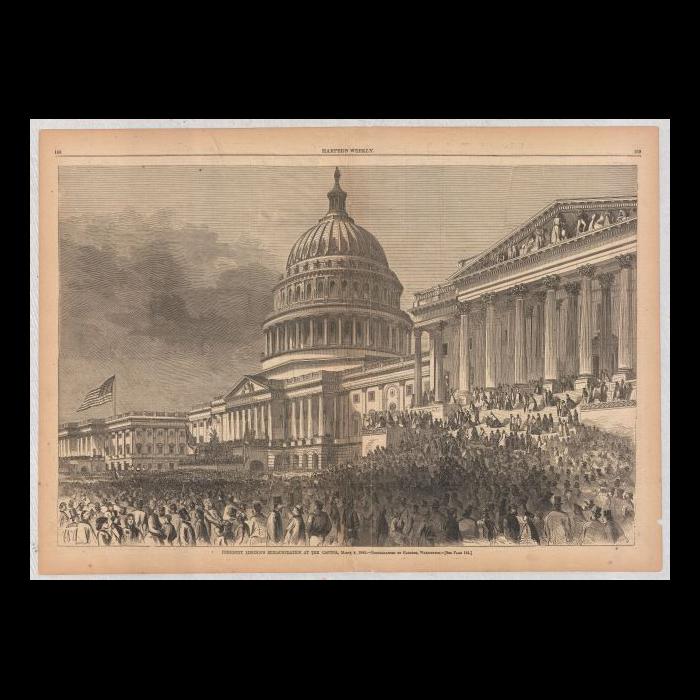
Every Drop of Blood—The Momentous Second Inauguration of Abraham Lincoln
by E. Phelps GayEvery Drop of Blood—The Momentous Second Inauguration of Abraham Lincoln By Edward Achorn (Atlantic Monthly Press, 2020) Book review by E. Phelps Gay Do we need another book about Lincoln’s Second Inaugural? After all, didn’t Ronald C. White, Jr. cover this ground in his excellent 2002 book, Lincolns Greatest Speech? Having read Edward Achorn’s […]
Read More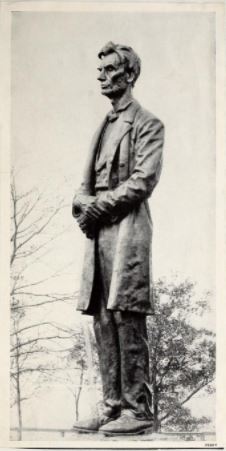
The Convoluted and Controversial Journey of a Lincoln Statue
by Charles HubbardThe Convoluted and Controversial Journey of a Lincoln Statue By: Charles Hubbard The journey began with the idea of presenting a Lincoln statue as a gesture of friendship and peace between the United States and Great Britain in 1910. The International Commission to Celebrate the Hundred Years of Peace between two nations was established to […]
Read More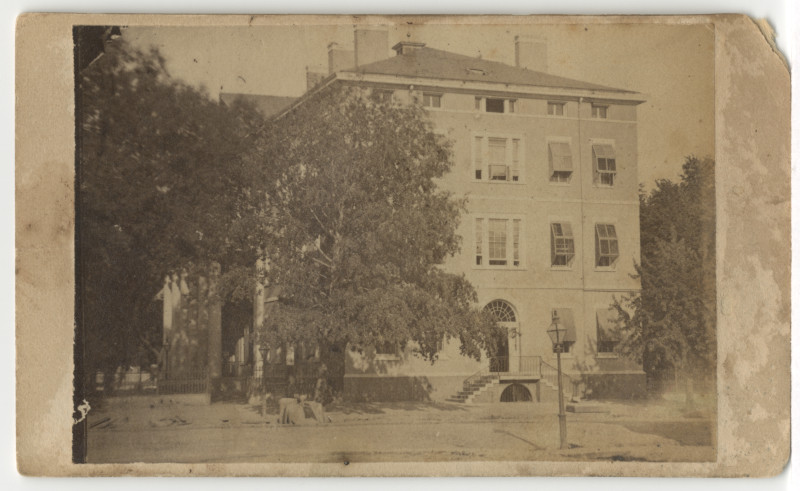
An Interview with Burrus M. Carnahan
by Burrus M. CarnahanAn Interview with Burrus M. Carnahan regarding His Book Act of Justice: Lincoln’s Emancipation Proclamation and the Law of War (University Press of Kentucky, 2007) By Sara Gabbard Sara Gabbard: Much has been written about the Emancipation Proclamation and Lincoln’s decision to issue it. How is your book different and what does it add? Burrus […]
Read More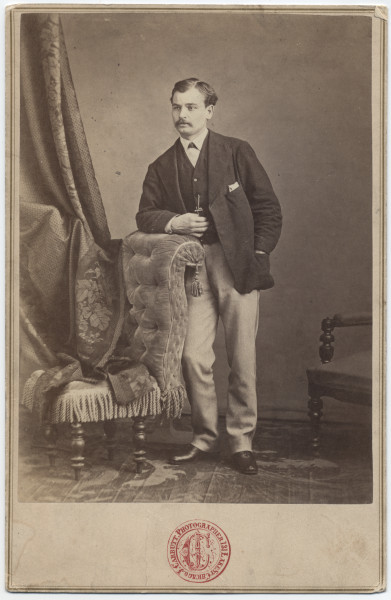
How and why did Robert Lincoln decide to go to Harvard?
by Jason EmersonHow and why did Robert Lincoln decide to go to Harvard? Newly revealed letter gives the answer. By Jason Emerson The earliest-known letter by Robert Lincoln has recently surfaced, and its contents answer the longstanding question of exactly how and why Robert ended up attending Harvard College in Massachusetts and exactly what role his parents […]
Read More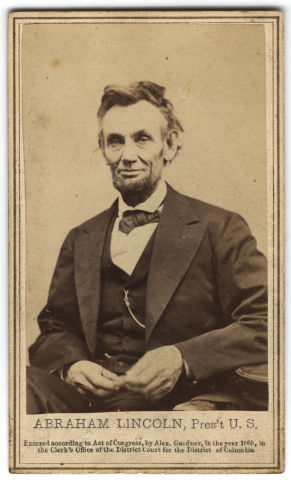
Abraham Lincoln in Korea
by Brian DirckAbraham Lincoln in Korea By Brian Dirck, Anderson University In early 2019 I received an invitation to deliver a speech about Abraham Lincoln in Seoul, South Korea. I was initially taken aback. Abraham Lincoln? In South Korea? In retrospect this should not have been a surprise; Lincoln is a major American global export. There are […]
Read More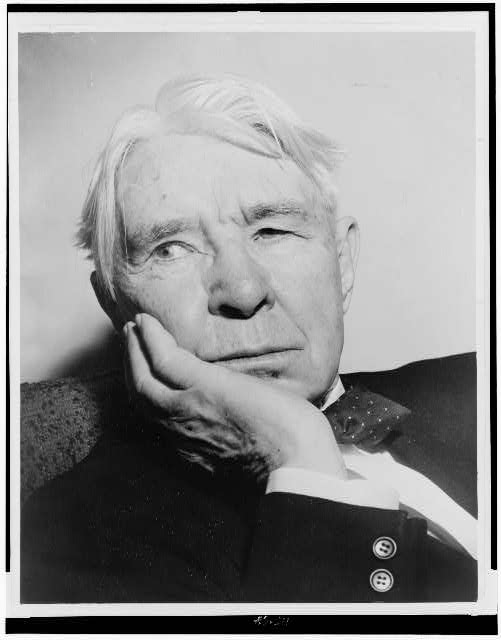
History Through A Poet’s Eyes
by Harold HolzerHISTORY THROUGH A POET’S EYES Carl Sandburg’s books on Abraham Lincoln, far from traditional biography, remain unmatched for their vivid combination of mood, incident, and epochal sweep By HAROLD HOLZER The “elusive Lincoln is a challenge for any artist.” So the poet, troubadour, journalist, and political activist Carl Sandburg declared (in combination warning and boast) […]
Read More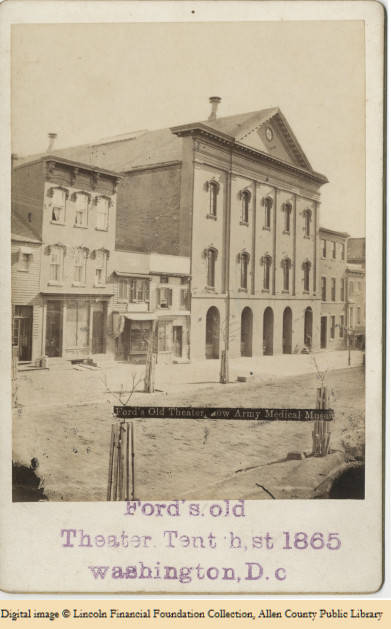
Lincoln’s First Responder- Dr. Charles Augustus Leale
by E. Lawrence AbelApril 14, 1865, was a pleasant day in Washington, a welcome change from the rainy weather that had turned Washington’s streets into mud. The dogwood trees were in full bloom, their pleasant scent wafted through the air. The sky was clear throughout most of the day, turning partly cloudy in the evening. By 8:30 p.m. […]
Read More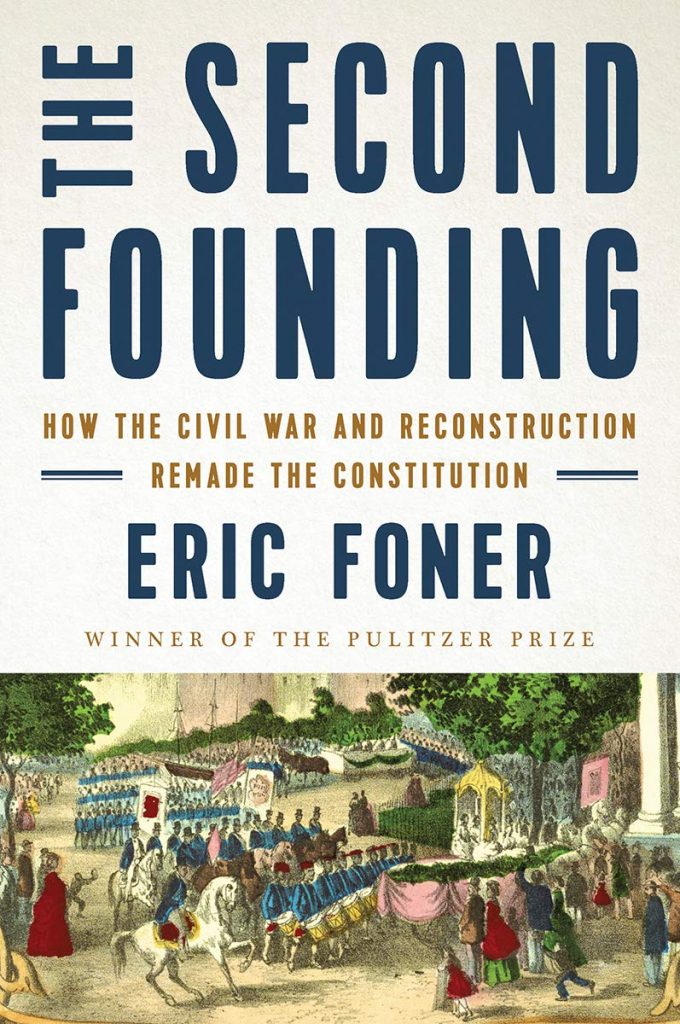
An Interview with Eric Foner about his new book: The Second Founding: How the Civil War and Reconstruction Remade the Constitution
by Eric Foner, Sara GabbardSara Gabbard: Please explain the significance of the fact that “Congress shall have power to enforce this article by appropriate legislation” was added to the 13th, 14th, and 15th Amendments. Eric Foner: The fact that each of the Reconstruction amendments ends with a section empowering Congress to enforce its provisions illustrates the radical change in […]
Read More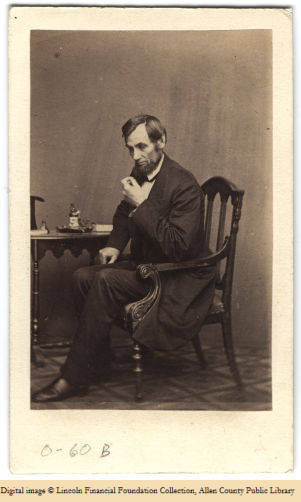
Lincoln’s Clemency: The Policy Limits
by Burrus M. CarnahanAbraham Lincoln has a well-deserved reputation as a merciful man who liberally exercised his presidential pardoning power. John Hay was “amused at the eagerness with which the President caught at any fact which would justify him in saving the life” of a condemned man.[1] Judge Advocate General Joseph Holt, his chief advisor on military trials, […]
Read More